Russian troops launched a broad, three-pronged assault on Ukraine that opened with air and missile strikes on Ukrainian military facilities and included ground troops invading from Crimea.
Ukraine’s leadership called a “full-scale war” aimed at destroying a Western-looking democracy intent on escaping Moscow’s orbit. The health minister said 57 Ukrainians have been killed as a result of the Russian invasion and 169 more were wounded.
As Ukrainian forces fought back and civilians piled into trains and cars to flee, the U.S. and European leaders rushed to respond, if not directly in Ukraine, with strong financial sanctions to punish Russia. NATO moved to strengthen its eastern flank.
Here are the things to know about the conflict over Ukraine and the security crisis in Eastern Europe:
PUTIN MAKES HIS MOVE
In a televised address as the attack began, Russian President Vladimir Putin said it was needed to protect civilians in eastern Ukraine, where Ukrainian forces and Russia-backed separatists have been fighting for almost eight years.
The U.S. had predicted Putin would falsely claim that the rebel-held regions were under attack to justify an invasion.
The Russian leader warned other countries that any attempt to interfere in Ukraine would “lead to consequences you have never seen in history” — a dark threat implying Russia was prepared to use its nuclear weapons.
Putin accused the U.S. and its allies of ignoring Russia’s demands to block Ukraine from ever joining NATO and offer Moscow security guarantees.
Putin said Russia does not intend to occupy Ukraine but plans to “demilitarize” it. He urged Ukrainian servicemen to “immediately put down arms and go home.” Soon after his address, explosions were heard in the cities of Kyiv, Kharkiv and Odesa.
Hours later the Russian Defense Ministry confirmed that its ground forces had moved into Ukraine from Crimea, saying they advanced toward the city of Kherson to the northwest.
The ministry said it has destroyed 83 Ukrainian military facilities.
Ukraine’s leadership said Ukraine lost control of the Chernobyl nuclear site, where Ukrainian forces waged a fierce battle with Russian troops. A nuclear reactor at the plant 130 kilometers (80 miles) north of Ukraine’s capital, Kyiv, exploded in April 1986.
UKRAINE’S PRESIDENT URGES CALM
Ukrainian President Volodymyr Zelenskyy, who had repeatedly appealed to Putin in recent days to pursue a diplomatic path instead of taking military action, issued a video statement declaring martial law.
He told Ukrainians that the United States was gathering international support to respond to Russia. He urged residents to remain calm and to stay at home, and urged world leaders Thursday to provide defense assistance and help protect Ukraine’s airspace.
THE WEST REACTS
World leaders decried the start of an invasion that could cause massive casualties, topple Ukraine’s democratically elected government and threaten the post-Cold War balance.
NATO Secretary General Jens Stoltenberg called Russia’s attack “a brutal act of war” and said Moscow had shattered peace on the European continent.
U.S. President Joe Biden said Putin “has chosen a premeditated war that will bring a catastrophic loss of life and human suffering.”
The leaders of the Group of Seven called on the international community “to condemn this attack in the strongest possible terms, to stand shoulder to shoulder with Ukraine, and raise their voice against this blatant violation of the fundamental principles of international peace and security.”
The head of the U.N. refugee agency urged neighboring countries to keep their borders open for Ukrainians fleeing the fighting. U.N. High Commissioner for Refugees Filippo Grandi said his agency had stepped up its operations and capacity in both Ukraine and its neighbors.
WORLD MARKETS FALL
World stock markets plunged and oil prices soared over concerns that heating bills and food prices would skyrocket.
Beyond its human toll, the conflict looks set to send prices spiraling even higher at gasoline pumps and grocery stores around the world.
Russia and Ukraine are major producers not only of energy products but also grains and various other commodities. War could upend global supplies, as could sanctions brought by the United States and other allies.
WHAT SANCTIONS ARE WESTERN POWERS IMPOSING?
In announcing a new round of sanctions on Thursday, Biden said the U.S. and its allies will block the assets of four large Russian banks, impose export controls and sanction oligarchs.
The penalties fall in line with the White House’s insistence that it would look to hit Russia’s financial system and Putin’s inner circle, while also imposing export controls that would aim to starve Russia’s industries and military of U.S. semiconductors and other high-tech products.
New U.S. sanctions also targeted the military and financial institutions of Belarus, which Russia is using as a staging ground for its troops moving into Ukraine from the north.
British Prime Minister Boris Johnson said he would aim to cut Russia off from the U.K.’s financial market.
The sanctions include freezing the assets of all major Russian banks, including VTB Bank, its second-biggest. Britain also plans to bar Russian companies and the Russian government from raising money on U.K. markets.
Britain will ban the export of a wide range of high-tech products, including semiconductors, to Russia and bar its flagship airline, Aeroflot, from landing at U.K. airports.
Meanwhile, the European Union planned the “strongest, the harshest package” ever, to be considered at a summit on Thursday, according to EU foreign policy chief Josep Borrell.
EU BEEFS UP PEACEKEEPING FORCE IN BOSNIA
The European Union-led peacekeeping force in Bosnia announced that it would double the number of its ground troops to prevent ripple effects from the conflict in Ukraine.
The force described the step as a precautionary move. “The deterioration of the security situation internationally has the potential to spread instability” to the ethnically divided Balkan country, it said.
A staunchly pro-Russian Bosnian Serb leader, Milorad Dodik, has for years advocated the separation of the semi-autonomous Bosnian Serb mini-state from the rest of the country.
Last winter, with tacit support from Moscow, Dodik intensified his secessionist campaign, pledging to form an exclusively Serb army, judiciary and tax system.
The EU force announced that four companies of its reserve forces from Austria, Bulgaria, Romania and Slovakia would deploy to Bosnia over the next two weeks to reinforce its 600-strong contingent already stationed in the country. The new deployments will total 500 troops.
NATO’S EASTERN FLANK
The countries on NATO’s eastern flank, all under Soviet domination during the Cold War, are especially nervous.
The Baltic states of Lithuania, Latvia and Estonia wondered if they could be the Kremlin’s next target. They all have received the first batches of U.S. military troops and equipment as promised this week by Biden.
Poles were also shaken.
The parliament in Poland, which borders both Ukraine and Belarus, strongly denounced Russia’s attack on Ukraine and vowed its support to Ukraine.
U.S. Ambassador Mark Brzezinski sought to assure Poland that it is safe. He noted there are now 10,000 U.S. soldiers in Poland. More than half were deployed in recent weeks in response to the Russian threats.
Stoltenberg said: “Make no mistake: We will defend every ally against any attack on every inch of NATO territory.”
CHINA’S SUPPORT FOR RUSSIA
China’s customs agency on Thursday approved imports of wheat from all regions of Russia, a move that could help to reduce the impact of possible Western sanctions.
China’s market is a growth area for other suppliers, but Beijing had barred imports until now from Russia’s main wheat-growing areas due to concern about possible fungus and other contamination.
Russia is one of the biggest wheat producers, but its exports would be vulnerable if its foreign markets blocked shipments in response to its attack on Ukraine.
Thursday’s announcement said Russia would “take all measures” to prevent contamination by wheat smut fungus and would suspend exports to China if it was found.
UKRAINE SEES MORE CYBERATTACKS
The websites of Ukraine’s defense, foreign and interior ministries were unreachable or painfully slow to load Thursday morning after a punishing wave of distributed-denial-of-service attacks as Russia struck at its neighbor.
In addition to DDoS attacks on Wednesday, cybersecurity researchers said unidentified attackers had infected hundreds of computers with destructive malware, some in neighboring Latvia and Lithuania.
Officials had long expected cyberattacks to precede and accompany any Russian military incursion.
Credit: AP


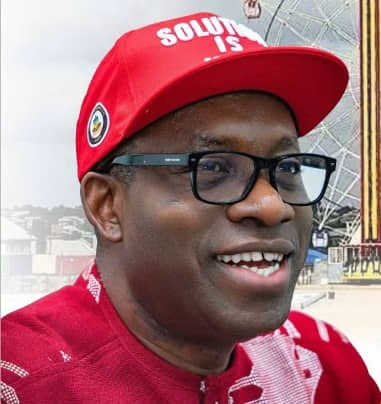



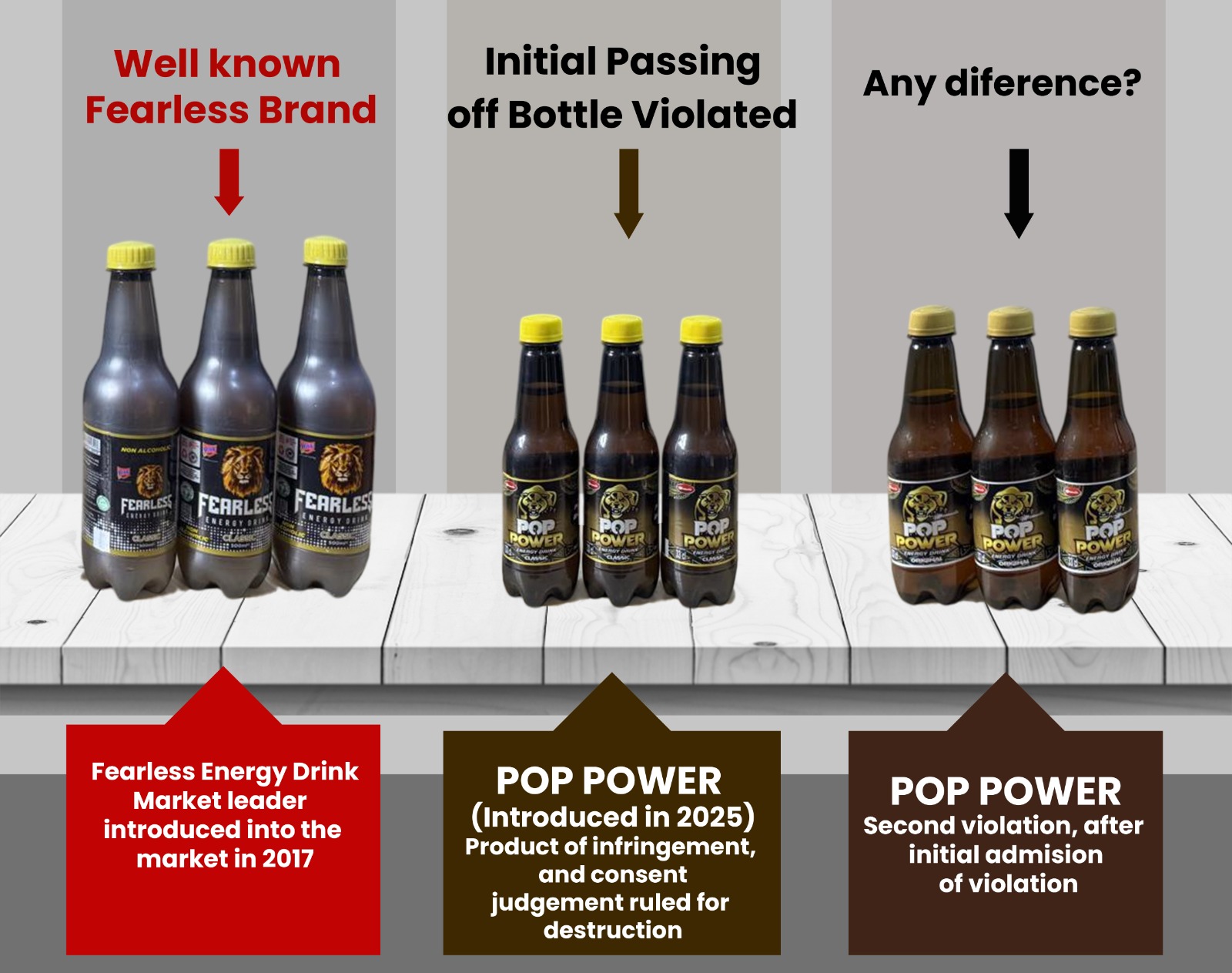




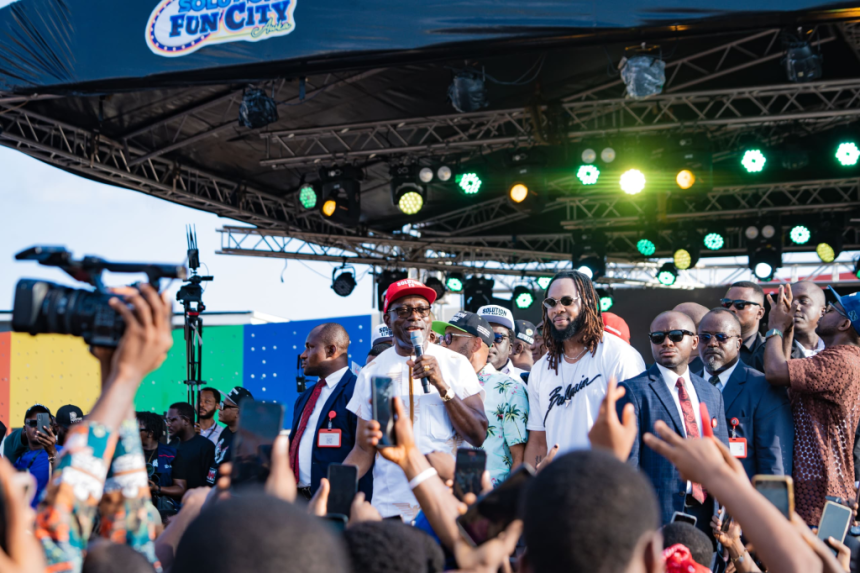
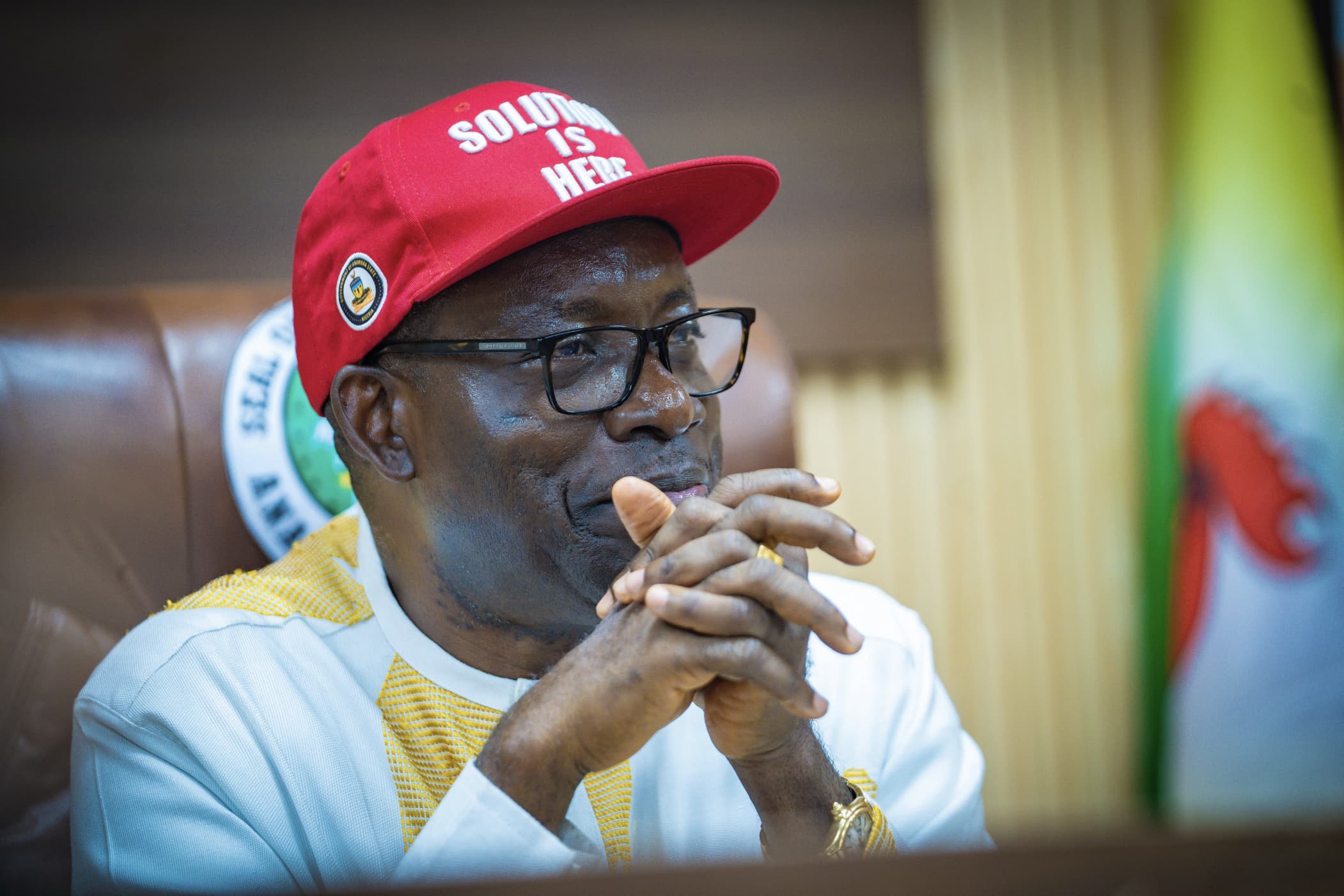

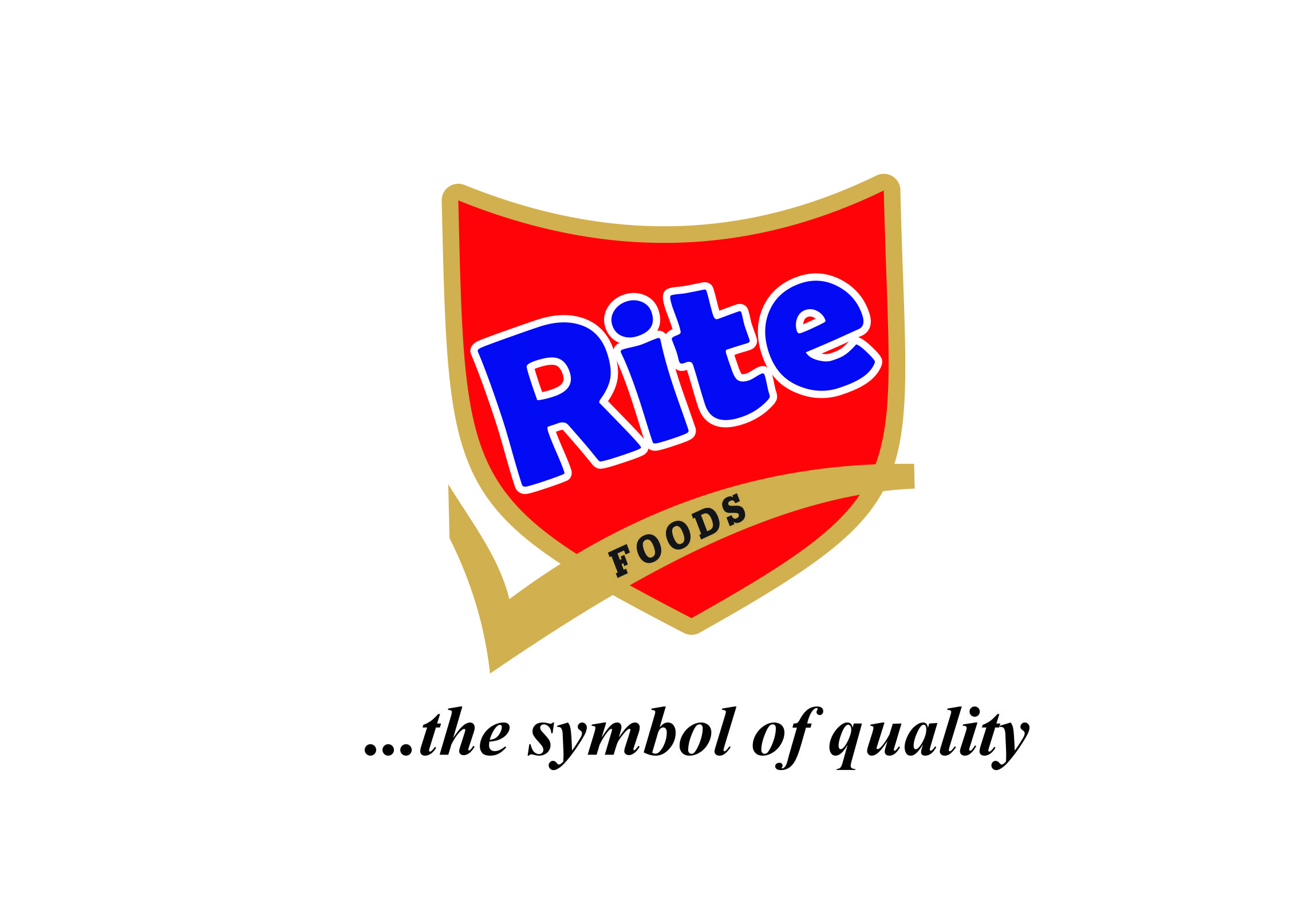








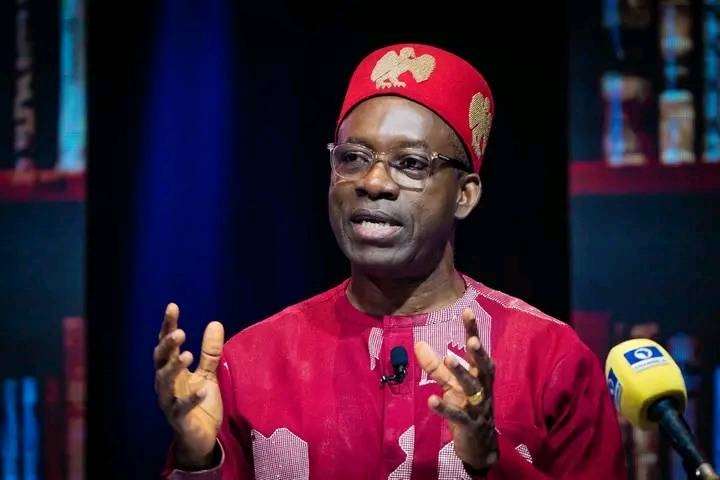

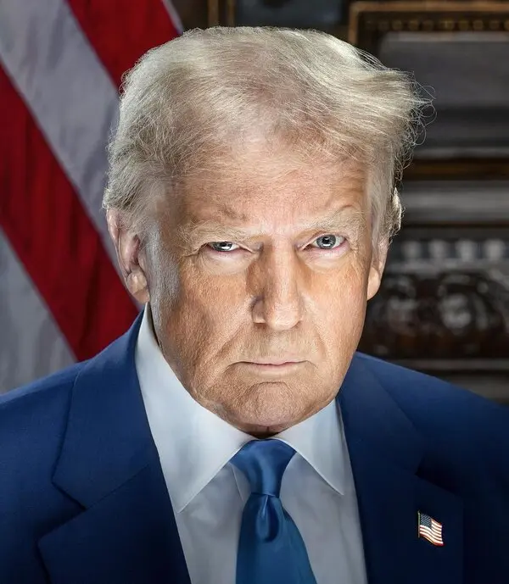
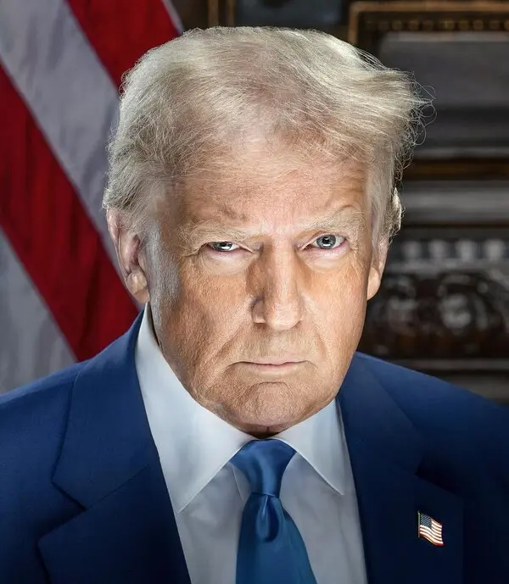
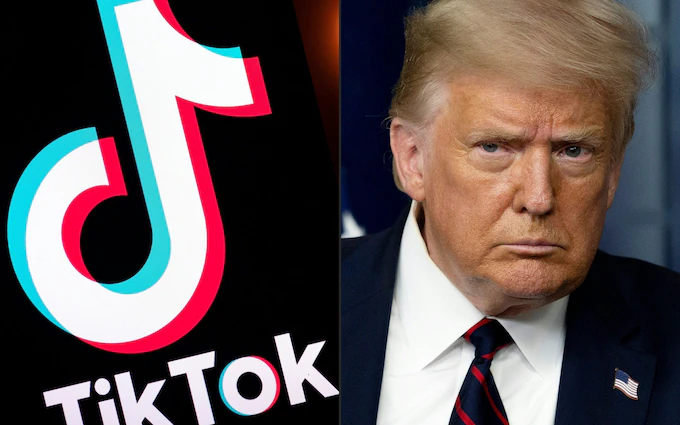
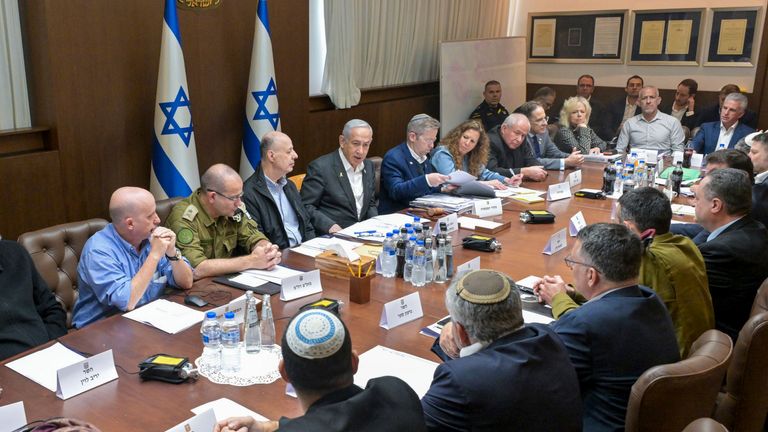
Leave a Reply